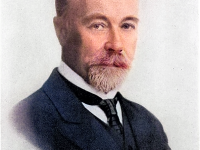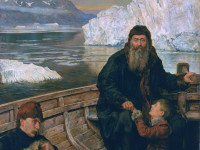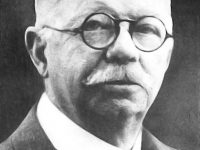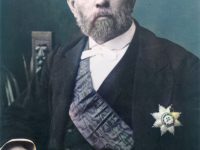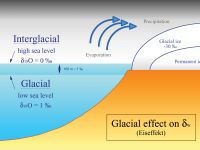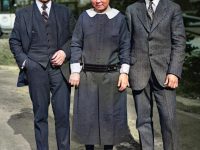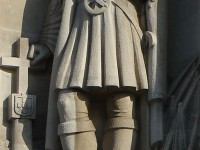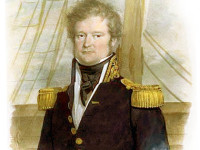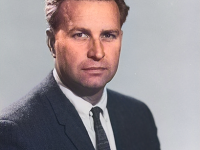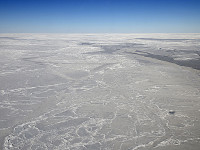Baron Gerard de Geer and the Varves
On October 2, 1858, Swedish geologist Gerard Jacob De Geer was born. De Geer made significant contributions to Quaternary geology, particularly geomorphology and geochronology. But, he is best known for his discovery of varves. A varve is a seasonal coarse-fine layer of clay deposited in still water.The layers were produced by the annual melt-water sequence and can be used as a chronological evidence. Gerard de Geer – Family Background and Early Years Baron…
Read more

